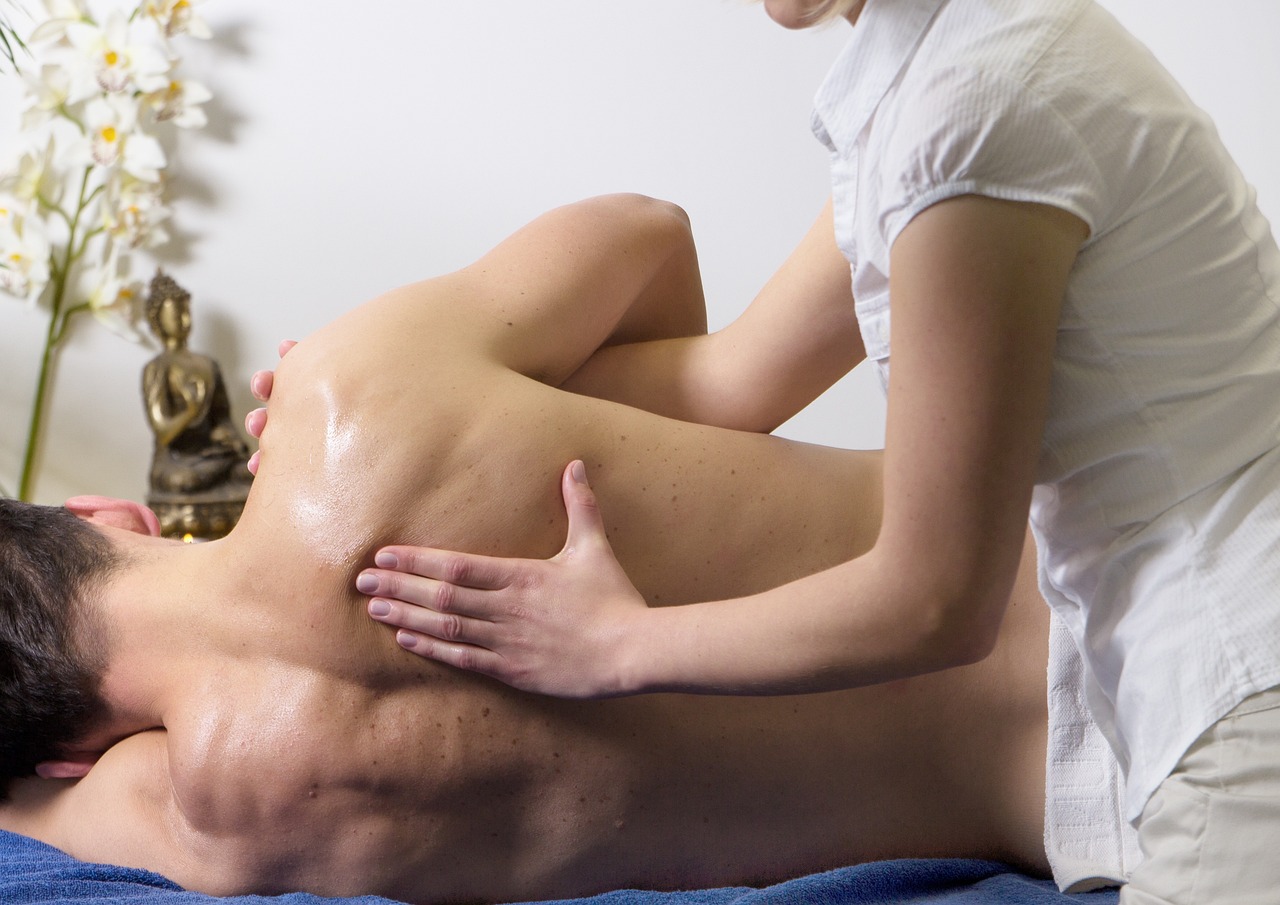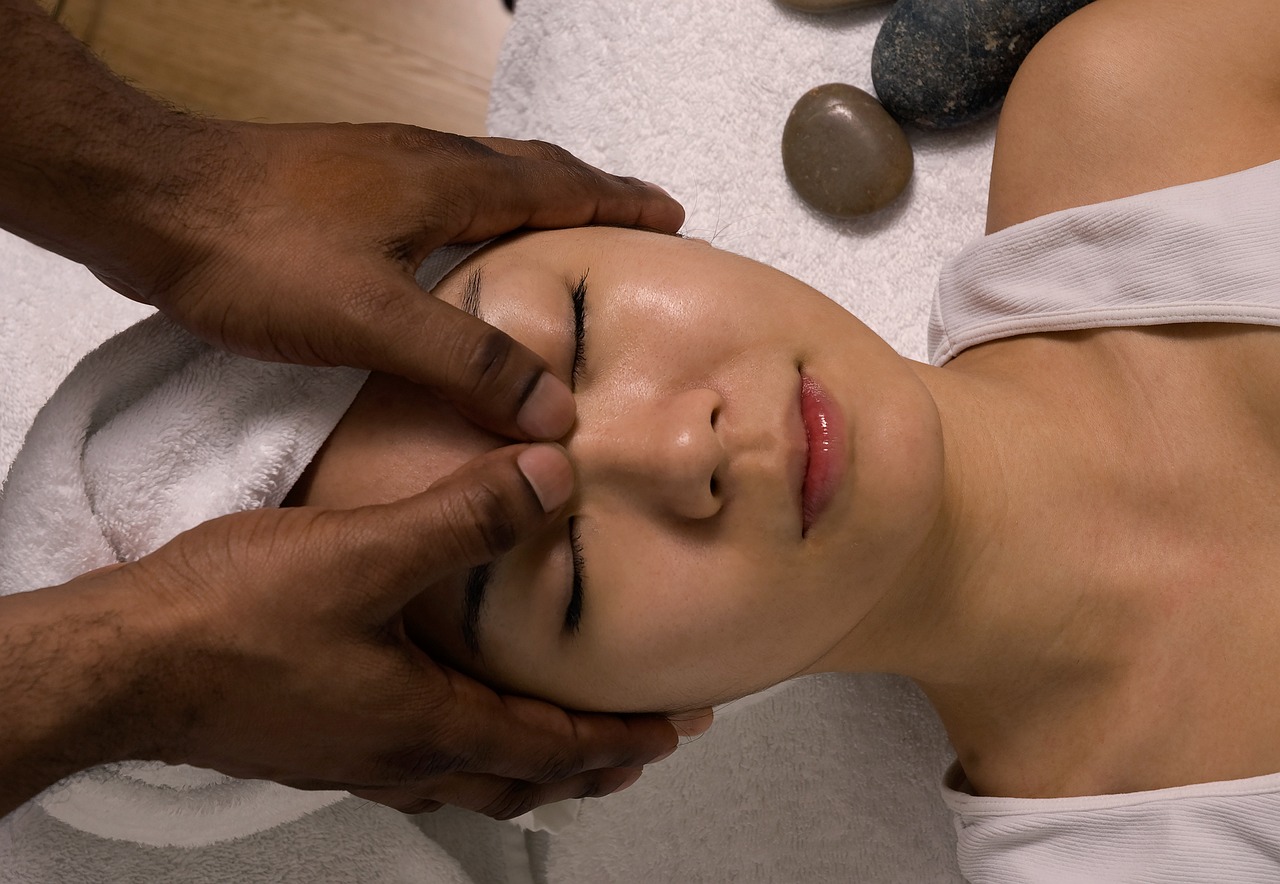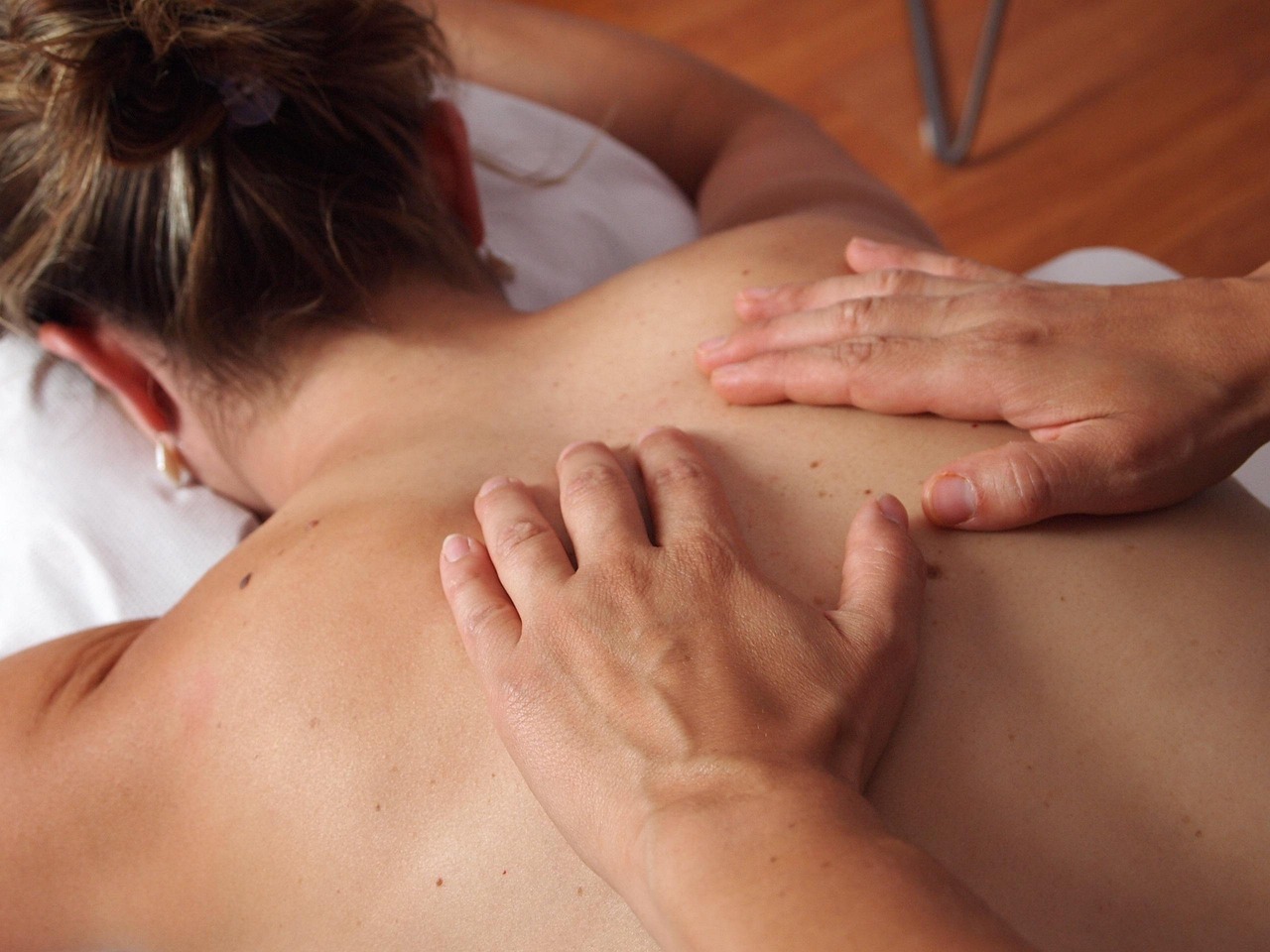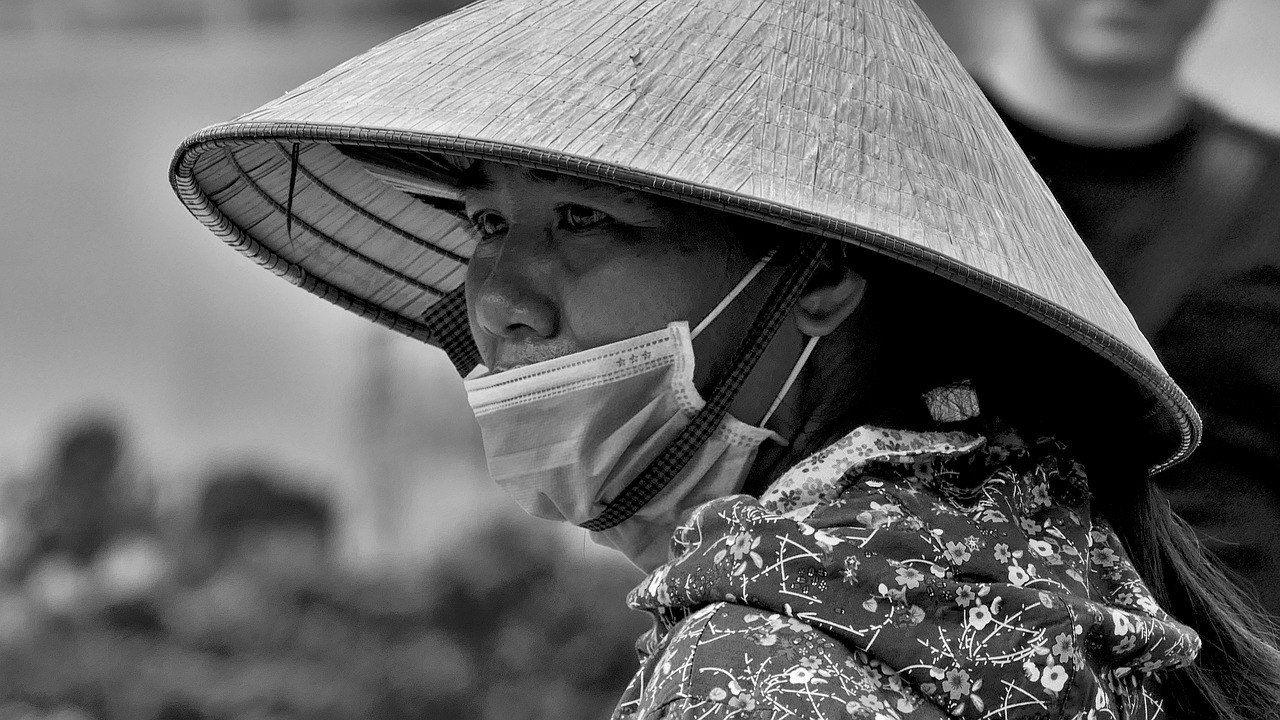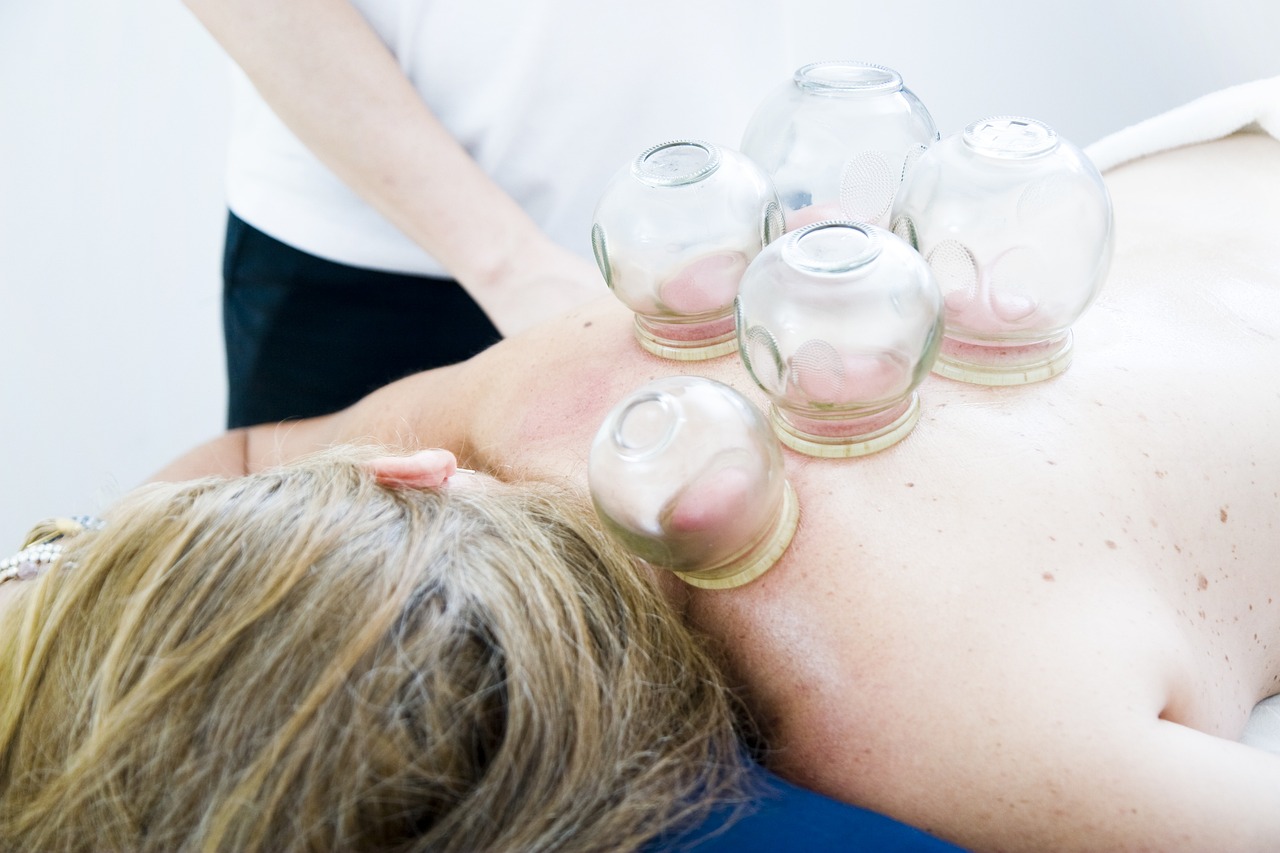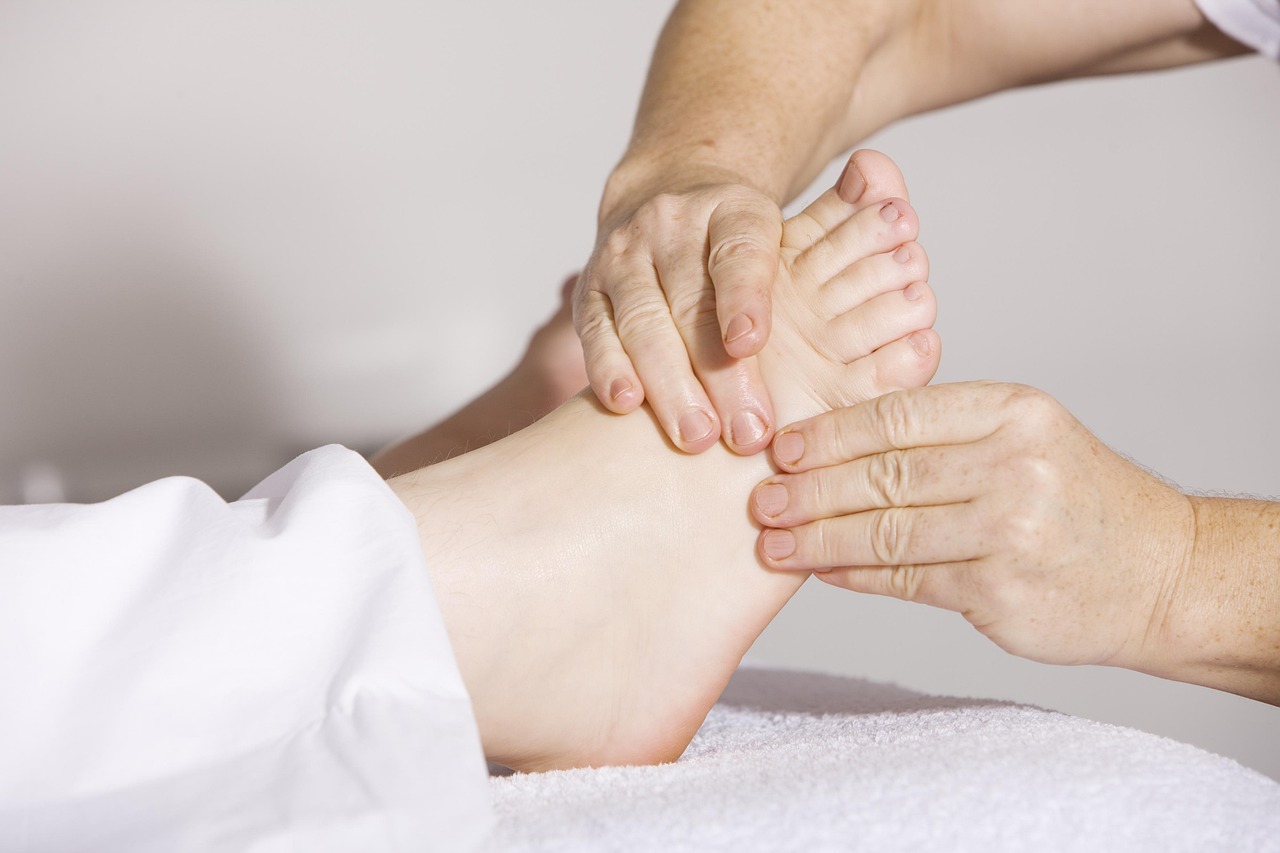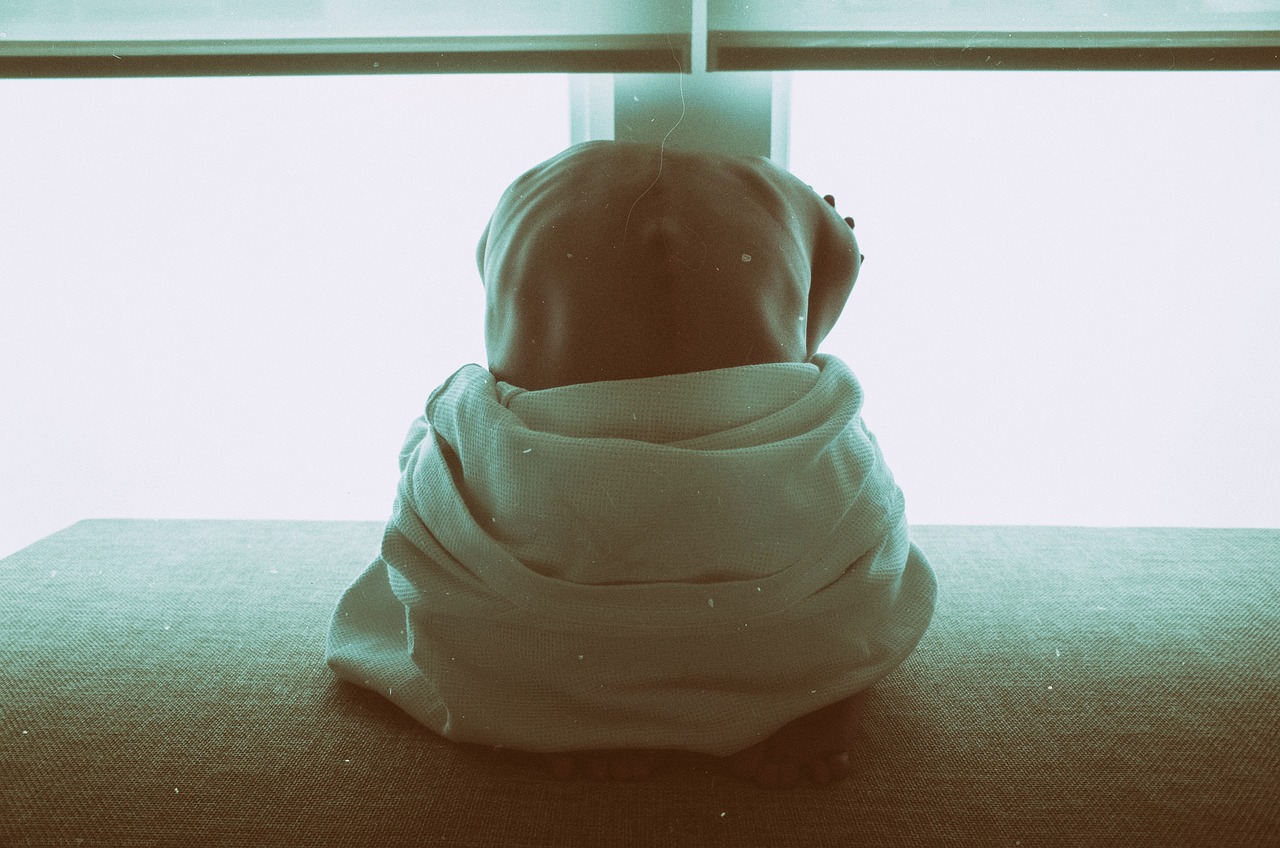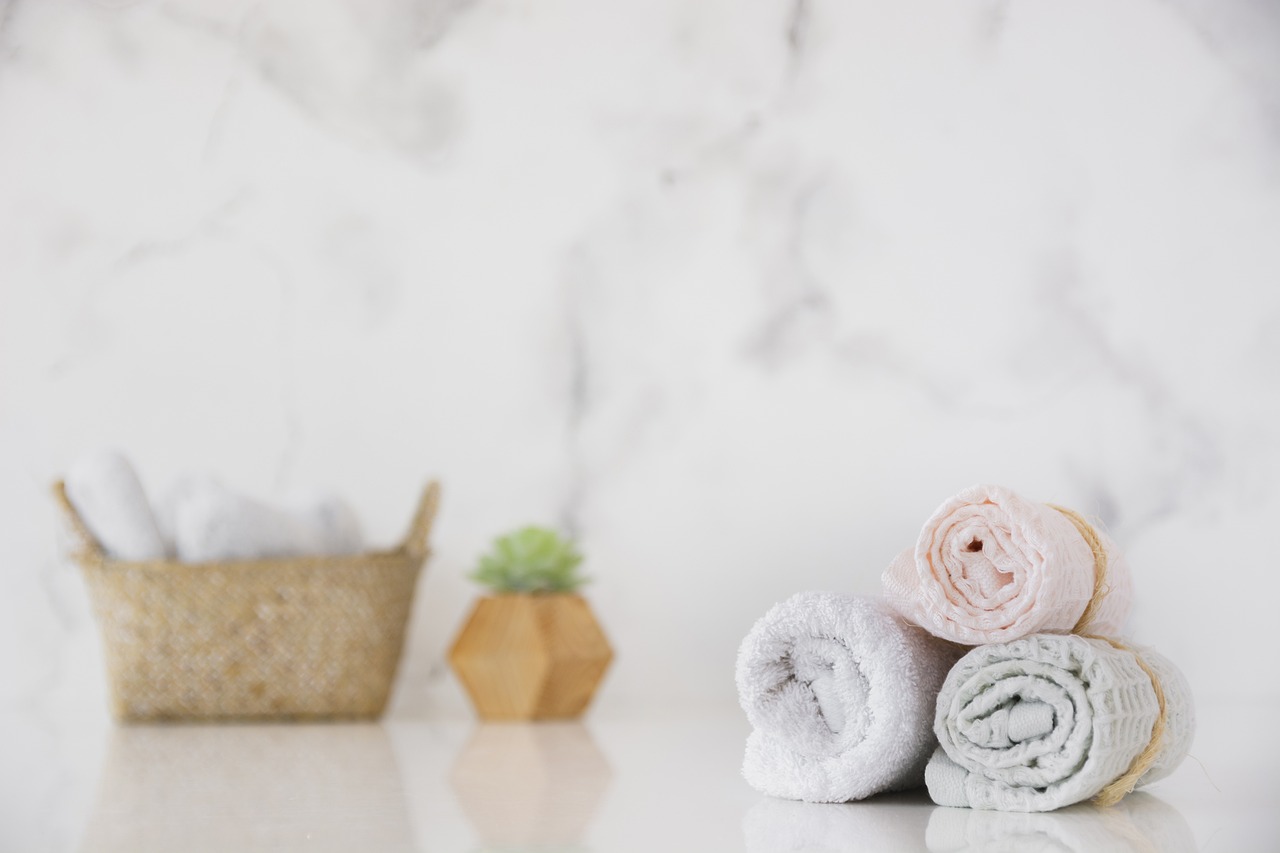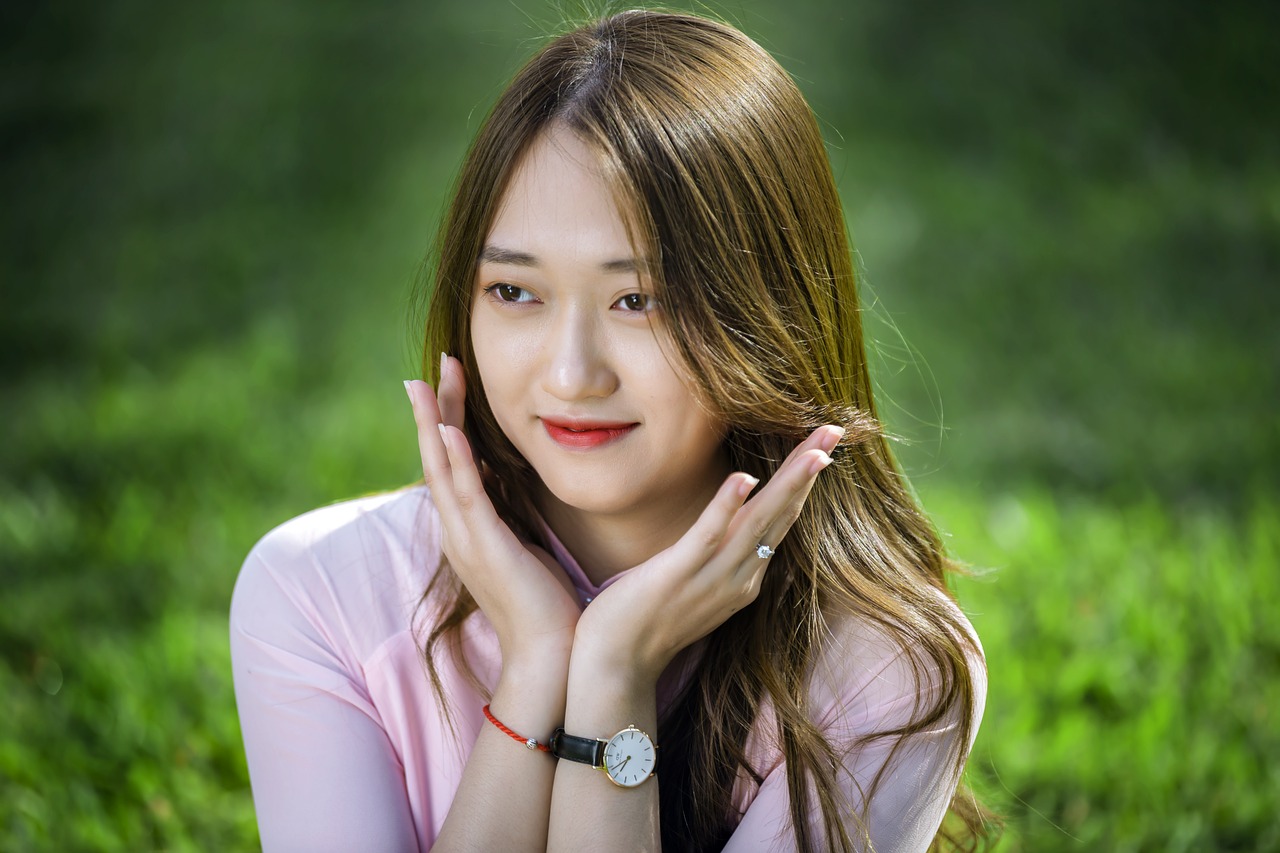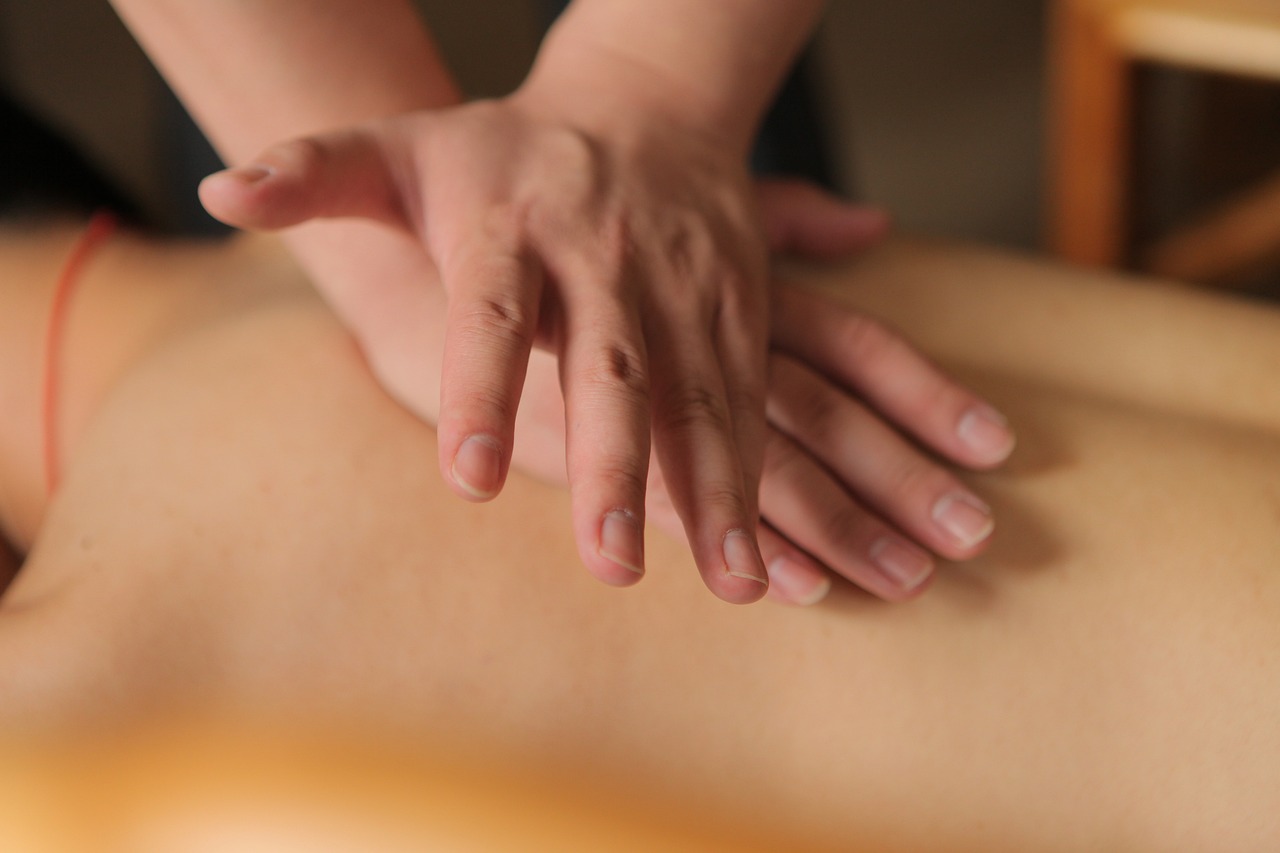This article explores the various Asian massage techniques that can enhance mental health care, detailing their benefits, methods, and the science behind their effectiveness in promoting well-being.
Understanding Asian Massage Techniques
Asian massage encompasses a variety of methods rooted in ancient traditions, each with unique approaches to relaxation and mental health support. Techniques such as Shiatsu, Tui Na, and Aromatherapy Massage have gained recognition for their profound impact on mental wellness. These techniques are not just about physical relaxation; they also aim to restore emotional balance and enhance overall mental health.
The Science Behind Massage and Mental Health
Research indicates that massage therapy can significantly impact mental health by reducing anxiety and depression. Studies reveal that regular massage sessions can lower levels of the stress hormone cortisol and increase the production of serotonin and dopamine, neurotransmitters that are crucial for mood regulation.
- How Massage Reduces Stress: Massage techniques work by promoting relaxation, which can lead to a decrease in stress and anxiety levels.
- Physiological Effects of Massage: The release of neurotransmitters during massage not only enhances mood but also fosters a sense of well-being.
- Psychological Benefits of Touch: Physical touch through massage can strengthen emotional connections and provide comfort, which is essential for mental health.
Popular Asian Massage Techniques
Different Asian cultures offer unique massage techniques, each contributing to mental health care. Below are some of the most effective methods:
Shiatsu: The Japanese Healing Art
Shiatsu is a Japanese massage technique that uses finger pressure on specific points to promote energy flow. This method is particularly beneficial for managing stress and anxiety.
- Techniques Used in Shiatsu: Shiatsu employs various techniques, including stretching and rhythmic pressure, which contribute significantly to mental well-being.
- Shiatsu for Anxiety Relief: Many individuals report reduced anxiety levels after Shiatsu sessions, making it a popular choice for mental health support.
Tui Na: The Chinese Therapeutic Massage
Tui Na is a traditional Chinese massage technique that focuses on balancing energy within the body. It is effective in promoting mental clarity and emotional stability.
- Principles of Tui Na: Based on Traditional Chinese Medicine, Tui Na emphasizes the importance of energy balance for mental health.
- Tui Na Techniques for Mental Clarity: Certain techniques are believed to enhance cognitive function and emotional resilience.
Integrating Asian Massage into Mental Health Practices
Combining Asian massage techniques with conventional mental health therapies can enhance overall treatment outcomes. Practitioners are increasingly recognizing the value of integrating these holistic approaches to provide comprehensive care.
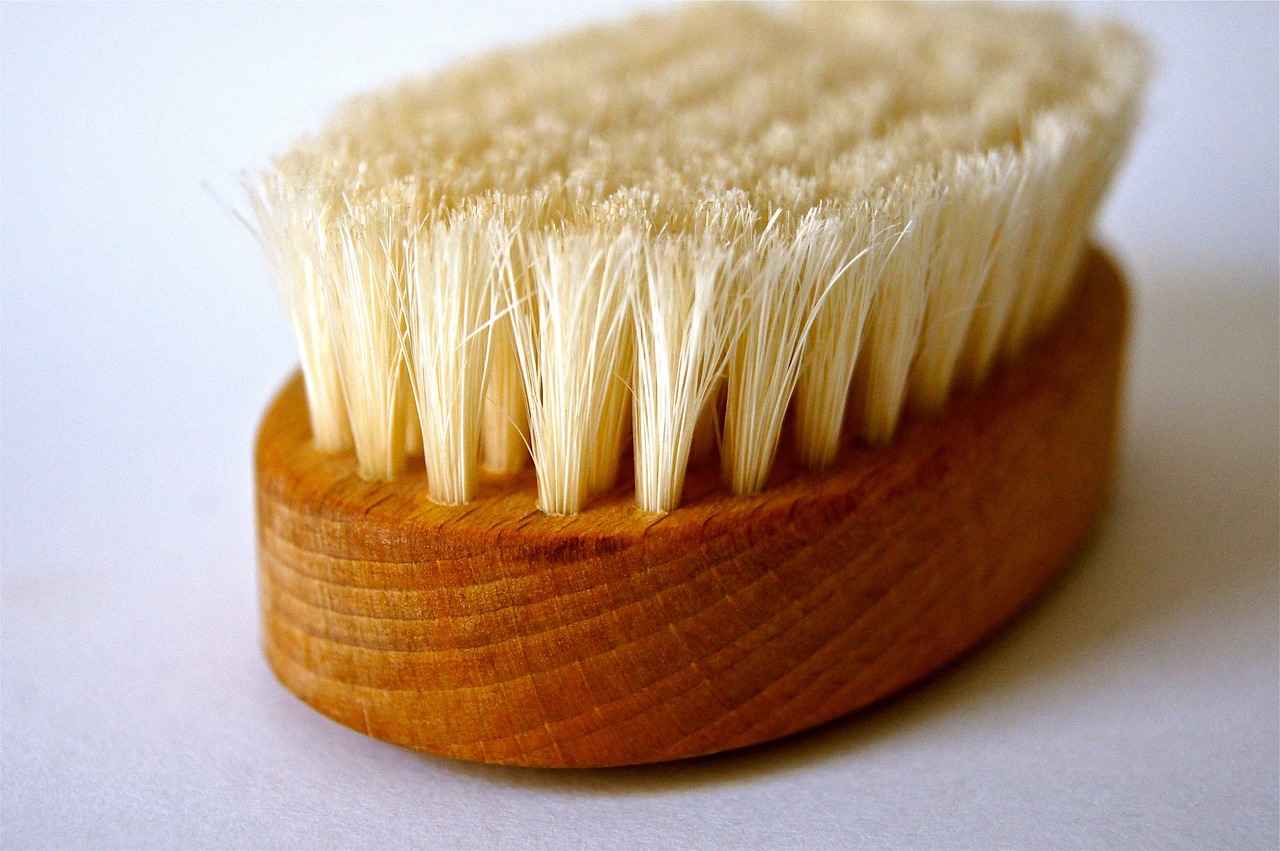
Understanding Asian Massage Techniques
Asian massage techniques are a rich tapestry of practices that have evolved over centuries, deeply rooted in cultural traditions and philosophies. These methods not only aim to provide physical relief but also support mental health and emotional well-being. This section delves into the diverse approaches of Asian massage, highlighting their unique characteristics and benefits.
- Shiatsu: Originating from Japan, Shiatsu employs finger pressure on specific acupressure points to stimulate energy flow. This technique is designed to promote relaxation and reduce stress, making it particularly effective for those dealing with anxiety.
- Tui Na: A staple of Traditional Chinese Medicine, Tui Na focuses on balancing the body’s energy, or Qi. This massage technique uses rhythmic compression and stretching to alleviate tension and improve mental clarity.
- Thai Massage: Combining acupressure and yoga-like stretching, Thai massage enhances flexibility and circulation. It is known to elevate mood and reduce feelings of depression through its invigorating techniques.
- Ayurvedic Massage: Rooted in ancient Indian practices, Ayurvedic massage incorporates herbal oils tailored to individual body types. This holistic approach not only relaxes the body but also calms the mind, promoting overall mental wellness.
Each of these techniques offers a unique pathway to relaxation and mental health support. By integrating these ancient practices into modern wellness routines, individuals can experience a holistic approach to mental health care. The rich history and cultural significance of these methods further enhance their appeal, making them a valuable addition to any mental health strategy.
In summary, Asian massage techniques provide a diverse array of options for those seeking to improve their mental health. From the targeted pressure of Shiatsu to the balancing effects of Tui Na, each method presents unique benefits that align well with contemporary mental health practices.
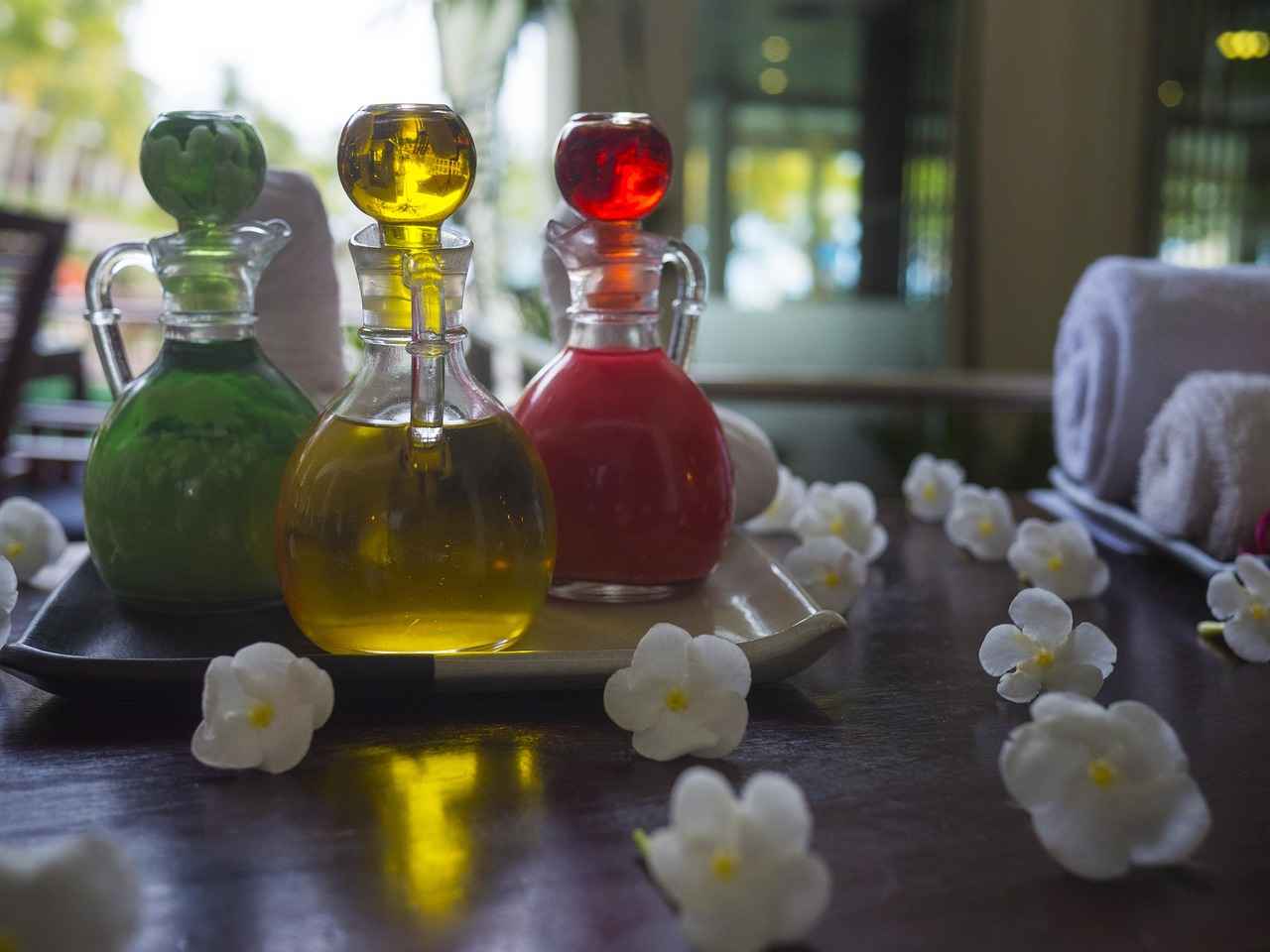
The Science Behind Massage and Mental Health
In recent years, a growing body of scientific research has illuminated the profound effects of massage therapy on mental health. Studies have shown that regular massage can lead to significant reductions in both anxiety and depression, making it a valuable tool in holistic mental health care.
One of the key mechanisms by which massage therapy exerts its effects is through the reduction of stress hormones, particularly cortisol. Elevated cortisol levels are linked to anxiety and various mental health disorders. Research indicates that massage can lower these levels, thereby promoting a sense of calm and well-being.
Furthermore, massage therapy stimulates the release of neurotransmitters such as serotonin and dopamine, which are crucial for mood regulation. These chemicals not only enhance feelings of happiness but also contribute to overall mental clarity and emotional stability. A study published in the Journal of Clinical Psychology found that participants who received regular massage reported improved mood and reduced symptoms of depression.
Additionally, the psychological benefits of touch cannot be overlooked. Human touch, as experienced through massage, fosters emotional connections and encourages feelings of safety and trust. This aspect of massage therapy is particularly beneficial for individuals struggling with mental health issues, as it can help to mitigate feelings of isolation and loneliness.
- Research Studies: Numerous studies have validated the mental health benefits of massage therapy.
- Stress Reduction: Massage therapy is effective in lowering cortisol levels.
- Neurotransmitter Release: Increases in serotonin and dopamine enhance mood.
- Emotional Connection: Physical touch through massage fosters emotional bonds.
In summary, the evidence supporting the mental health benefits of massage therapy is compelling. By integrating these practices into mental health care, individuals may experience not only physical relief but also significant improvements in their emotional and psychological well-being.
How Massage Reduces Stress
Massage therapy has long been recognized for its ability to promote relaxation and well-being. One of the most significant benefits of massage is its capacity to reduce stress levels. This section explores how various massage techniques can effectively lower cortisol levels, the hormone associated with stress, and foster a state of tranquility.
When the body experiences stress, cortisol levels rise, leading to various negative physical and emotional outcomes. Massage therapy counteracts this by stimulating the body’s natural relaxation response. Techniques such as Swedish massage, Shiatsu, and Tui Na focus on manipulating soft tissues in ways that promote blood circulation and release tension.
| Massage Technique | Stress Relief Mechanism |
|---|---|
| Swedish Massage | Enhances circulation and releases muscle tension. |
| Shiatsu | Balances energy flow and reduces anxiety through pressure points. |
| Tui Na | Stimulates the body’s meridians, promoting emotional balance. |
Research shows that massage therapy can significantly lower cortisol levels. A study published in the Journal of Alternative and Complementary Medicine found that individuals who received regular massages had a notable decrease in cortisol compared to those who did not. This reduction in cortisol is linked to improved mood and a greater sense of well-being.
Moreover, the physical touch involved in massage not only relaxes the body but also engages the mind. The release of neurotransmitters such as serotonin and dopamine during massage promotes feelings of happiness and relaxation, creating a holistic approach to stress management.
In conclusion, incorporating massage therapy into a regular wellness routine can be a powerful strategy for stress relief. By understanding the various techniques and their effects on cortisol levels, individuals can make informed choices to enhance their mental health.
Physiological Effects of Massage
Massage therapy is not merely a luxury; it plays a significant role in enhancing mental health through various physiological mechanisms. One of the key effects of massage is its ability to trigger the release of neurotransmitters such as serotonin and dopamine. These chemicals are often referred to as “feel-good” hormones due to their profound impact on mood and emotional well-being.
When a person receives a massage, the physical manipulation of the muscles and tissues stimulates the nervous system. This stimulation leads to the activation of the body’s natural relaxation response, which can significantly reduce levels of cortisol, the stress hormone. Lower cortisol levels are associated with decreased anxiety and improved mood, creating a positive feedback loop that enhances overall mental health.
Moreover, the release of serotonin and dopamine not only elevates mood but also contributes to feelings of happiness and contentment. Research has shown that increased serotonin levels can help alleviate symptoms of depression and anxiety, making massage an effective complementary treatment for those struggling with these conditions.
Additionally, the physiological benefits of massage extend beyond neurotransmitter release. It also promotes better blood circulation, which aids in the delivery of oxygen and nutrients to the brain. Enhanced blood flow can improve cognitive function and mental clarity, further supporting mental health.
In summary, the physiological effects of massage are multifaceted, involving the release of key neurotransmitters, reduction of stress hormones, and improved circulation. These combined effects not only enhance mood but also foster a deeper sense of well-being, making massage an invaluable tool in the realm of mental health care.
Psychological Benefits of Touch
The psychological benefits of touch are profound and far-reaching, impacting not only our emotional well-being but also our overall mental health. Physical touch, particularly through practices like massage, plays a crucial role in fostering emotional connections and enhancing psychological resilience. This section explores the various ways in which touch can positively influence mental health.
Touch is a fundamental human experience that transcends language and culture. It can convey empathy, support, and reassurance, contributing to a sense of belonging and connection. Studies have shown that physical touch can stimulate the release of oxytocin, often referred to as the “love hormone,” which promotes feelings of trust and bonding. This hormonal response can alleviate feelings of loneliness and isolation, which are common contributors to mental health issues.
Moreover, massage therapy, a form of intentional touch, has been shown to reduce symptoms of anxiety and depression. The act of receiving a massage can create a safe space for individuals to relax, allowing them to process emotions and release pent-up stress. This therapeutic interaction can lead to significant improvements in mood and emotional stability.
- Enhanced Mood: Regular massage can help to increase serotonin and dopamine levels, neurotransmitters that are crucial for regulating mood.
- Reduced Anxiety: Touch can lower cortisol levels, the hormone associated with stress, leading to a calmer state of mind.
- Improved Sleep: By promoting relaxation, massage can enhance sleep quality, which is vital for mental health.
Incorporating touch through massage into mental health care can also facilitate deeper emotional connections between individuals, whether between a therapist and a client or among loved ones. This connection can serve as a powerful tool for healing, allowing individuals to feel understood and supported in their journeys toward mental wellness.
In conclusion, the psychological benefits of touch are essential for fostering emotional well-being. By embracing the power of physical touch through massage, individuals can enhance their mental health and cultivate a deeper sense of connection with themselves and others.
Popular Asian Massage Techniques
Asian massage techniques are renowned for their holistic approach to health and well-being. Each method is steeped in rich cultural traditions and offers unique benefits that contribute significantly to mental health care. Below are some of the most popular Asian massage techniques, along with their distinctive characteristics and mental health advantages.
- Shiatsu: This Japanese massage technique utilizes finger pressure on specific points along the body’s energy pathways. Shiatsu promotes relaxation, reduces anxiety, and can help alleviate symptoms of depression. The practice is focused on balancing the body’s energy, which is crucial for mental clarity and emotional stability.
- Tui Na: Originating from Traditional Chinese Medicine, Tui Na is a therapeutic massage that emphasizes the balance of energy, or “Qi,” within the body. This technique not only addresses physical ailments but also aids in enhancing mental clarity and emotional balance. Tui Na can effectively reduce stress levels and improve overall mood.
- Thai Massage: Combining acupressure and yoga-like stretching, Thai massage promotes deep relaxation and mental rejuvenation. The rhythmic movements and stretching techniques help release tension, enhance circulation, and improve flexibility, contributing positively to mental health by reducing stress and anxiety.
- Ayurvedic Massage: Rooted in ancient Indian practices, Ayurvedic massage incorporates herbal oils and focuses on balancing the body’s doshas (energies). This technique not only nourishes the body but also calms the mind, making it effective for those dealing with stress and emotional turmoil.
- Balinese Massage: This Indonesian technique combines gentle stretches, acupressure, and aromatherapy to promote relaxation and emotional healing. Balinese massage is known for its ability to relieve stress and enhance mood, making it a popular choice for mental health support.
By integrating these diverse Asian massage techniques into mental health care, individuals can experience a holistic approach to well-being that addresses both physical and emotional needs. Each technique offers unique benefits, making them valuable tools in promoting mental health and emotional resilience.
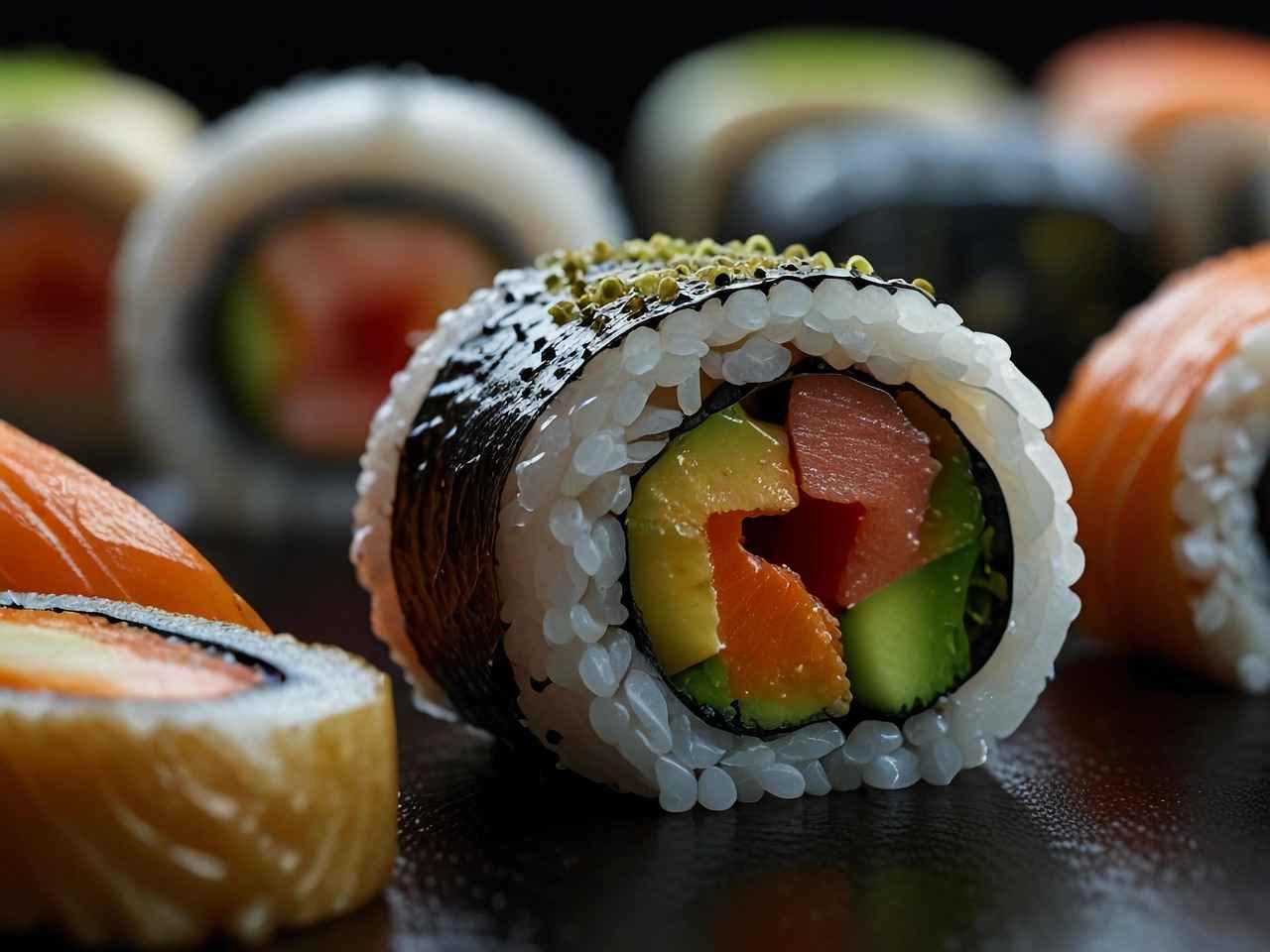
Shiatsu: The Japanese Healing Art
Shiatsu is a traditional Japanese massage technique that harnesses the power of finger pressure applied to specific points on the body, known as meridian points. This ancient practice is rooted in the principles of Traditional Chinese Medicine and aims to promote the flow of energy or “ki” throughout the body. In recent years, Shiatsu has gained recognition for its potential benefits in enhancing mental health, making it a valuable addition to holistic wellness practices.
One of the primary benefits of Shiatsu is its ability to alleviate symptoms of anxiety and stress. By applying pressure to specific points, practitioners can help release tension and encourage relaxation. This technique not only calms the mind but also facilitates emotional release, allowing individuals to process their feelings more effectively. Many clients report a sense of tranquility and clarity following a Shiatsu session, which can be particularly beneficial for those dealing with daily stressors.
Moreover, Shiatsu promotes a deeper connection between the mind and body. The gentle stretching and rhythmic pressure techniques employed during a session can help individuals become more attuned to their physical sensations and emotional states. This heightened awareness can lead to improved self-regulation and a greater ability to cope with life’s challenges.
Research supports the effectiveness of Shiatsu in enhancing mental well-being. Studies have shown that regular Shiatsu treatments can lead to reductions in cortisol levels, the hormone associated with stress. Additionally, the practice encourages the release of endorphins, which are natural mood lifters. As a result, Shiatsu not only provides immediate relief but also contributes to long-term mental health improvements.
Incorporating Shiatsu into a comprehensive mental health care plan can yield significant benefits. Whether used as a standalone treatment or in conjunction with other therapies, Shiatsu offers a holistic approach to mental wellness, emphasizing the importance of both physical and emotional health.
Techniques Used in Shiatsu
Shiatsu, a traditional Japanese massage technique, utilizes a variety of methods that significantly contribute to mental well-being. Among these techniques, stretching and rhythmic pressure stand out for their ability to promote relaxation and alleviate stress.
- Stretching Techniques: Shiatsu incorporates gentle stretching movements that help to release muscle tension and improve flexibility. This not only enhances physical well-being but also fosters a sense of calmness and clarity in the mind. The act of stretching can stimulate the release of endorphins, which are known to uplift mood and reduce feelings of anxiety.
- Rhythmic Pressure: The application of rhythmic pressure on specific acupressure points is fundamental in Shiatsu. This technique encourages the flow of energy (or “ki”) throughout the body. As energy flows more freely, individuals often experience a reduction in mental fatigue and an increase in overall emotional stability.
- Breath Awareness: Shiatsu practitioners often emphasize the importance of breath during sessions. By guiding clients to focus on their breathing, practitioners help to anchor them in the present moment, further enhancing relaxation and reducing stress levels.
- Mind-Body Connection: Shiatsu techniques encourage a deeper awareness of the body’s sensations and emotions. This mindfulness aspect can lead to improved emotional regulation, allowing individuals to better manage their responses to stressors.
In summary, the combination of stretching and rhythmic pressure in Shiatsu not only addresses physical tension but also plays a crucial role in enhancing mental well-being. By fostering relaxation, promoting energy flow, and encouraging mindfulness, Shiatsu serves as an effective tool for those seeking to improve their mental health.
Shiatsu for Anxiety Relief
Shiatsu, a traditional Japanese massage technique, has gained recognition for its ability to alleviate anxiety and promote overall mental well-being. Many individuals who experience anxiety often seek alternative therapies, and Shiatsu offers a unique approach that combines physical touch with ancient healing principles. This section delves into how Shiatsu effectively reduces anxiety symptoms and fosters a sense of calm.
- Pressure Points: Shiatsu focuses on applying pressure to specific points on the body, known as acupressure points. This targeted approach helps to release tension and blockages in the body, which can contribute to feelings of anxiety. By stimulating these points, Shiatsu encourages the flow of Qi (energy), promoting relaxation and emotional balance.
- Mind-Body Connection: Shiatsu emphasizes the connection between the mind and body. Practitioners often encourage clients to focus on their breath and bodily sensations during sessions. This mindfulness aspect can help individuals become more aware of their anxiety triggers and develop coping mechanisms.
- Relaxation Response: The rhythmic and gentle nature of Shiatsu can activate the body’s relaxation response, reducing heart rate and lowering cortisol levels. This physiological change can lead to a significant decrease in anxiety symptoms, allowing individuals to feel more at ease.
- Holistic Approach: Shiatsu addresses not only the physical symptoms of anxiety but also the emotional aspects. By promoting a sense of well-being and balance, Shiatsu can help individuals manage their anxiety more effectively, leading to improved mental health outcomes.
In conclusion, Shiatsu offers a multifaceted approach to anxiety relief. By combining physical techniques with mindfulness and emotional support, this ancient practice can provide a valuable tool for those seeking to manage anxiety in their lives. As more individuals turn to alternative therapies, Shiatsu stands out as a powerful method for enhancing mental well-being.

Tui Na: The Chinese Therapeutic Massage
Tui Na is a traditional Chinese massage technique that has been practiced for centuries, focusing on the concept of balancing energy, or Qi, within the body. This ancient practice is not merely a physical treatment; it is deeply rooted in the principles of Traditional Chinese Medicine (TCM), which views the body as an interconnected system where physical, emotional, and spiritual health are intertwined.
In the realm of mental health care, Tui Na offers a unique approach by addressing the underlying energy imbalances that can contribute to emotional distress. By manipulating the body’s energy pathways through various techniques, Tui Na aims to restore harmony and promote overall well-being.
The foundation of Tui Na lies in the belief that physical ailments often stem from emotional issues. This connection is significant in mental health care, as Tui Na practitioners assess not only the physical symptoms but also the emotional state of the individual. Techniques used in Tui Na, such as kneading, rolling, and pressing, are designed to stimulate specific acupressure points, facilitating the flow of Qi and alleviating emotional blockages.
Several Tui Na techniques are particularly effective in enhancing mental clarity and focus. For instance, targeted pressure on certain acupoints can help reduce mental fatigue and improve concentration. Additionally, Tui Na can aid in the relief of symptoms associated with anxiety and depression by promoting relaxation and reducing stress levels.
Research has shown that individuals who receive regular Tui Na sessions often report improved mood and emotional stability. This can be attributed to the release of endorphins and other neurotransmitters during the massage, which contribute to a sense of well-being and emotional balance.
In summary, Tui Na serves as a valuable tool in mental health care, addressing both the physical and emotional aspects of well-being. By integrating this ancient practice into modern therapeutic approaches, individuals may find enhanced relief from mental health challenges.
Principles of Tui Na
Tui Na is a therapeutic massage technique deeply rooted in the principles of Traditional Chinese Medicine (TCM). It emphasizes the importance of balancing the body’s energy, known as Qi, to promote overall health and well-being. This subsection delves into how these foundational principles of TCM relate to mental health and emotional balance.
At the heart of TCM is the belief that physical health is intricately linked to emotional and mental states. According to TCM, emotional disturbances can lead to physical ailments, and vice versa. Therefore, addressing mental health is crucial for achieving holistic wellness. Tui Na employs various techniques that target specific acupressure points, facilitating the flow of Qi throughout the body. This flow is essential for maintaining both physical and mental harmony.
- Balance of Yin and Yang: TCM teaches that mental health can be affected by the imbalance of Yin (passive) and Yang (active) energies. Tui Na helps restore this balance, promoting emotional stability.
- Meridian System: Tui Na works along the body’s meridians, which are pathways through which Qi flows. Blockages in these pathways can lead to anxiety and depression. By manipulating these points, Tui Na helps release emotional blockages.
- Holistic Approach: Unlike conventional therapies that may focus solely on symptoms, Tui Na addresses the root causes of emotional distress, fostering long-term mental health improvements.
Furthermore, Tui Na encourages relaxation and stress relief, which are critical for mental clarity. The techniques used in Tui Na not only alleviate physical tension but also promote a sense of peace and well-being. As practitioners apply pressure to specific points, they stimulate the body’s natural healing processes, which can significantly enhance emotional resilience.
In conclusion, the principles of Tui Na, grounded in Traditional Chinese Medicine, offer profound insights into the relationship between physical manipulation and mental health. By restoring balance and promoting the free flow of Qi, Tui Na serves as a valuable tool in supporting emotional health and stability.
Tui Na Techniques for Mental Clarity
Tui Na, a traditional Chinese therapeutic massage, is not only effective for physical ailments but also plays a significant role in enhancing mental clarity and focus. By employing various techniques, Tui Na aims to balance the body’s energy, known as Qi, which can lead to improved cognitive functions.
One of the key principles of Tui Na is that it promotes the flow of Qi throughout the body. When this energy is balanced, individuals often experience a reduction in mental fog and an increase in clarity. Specific techniques used in Tui Na, such as acupressure and gentle manipulation of muscles, can stimulate points that correspond to mental acuity. This stimulation can enhance blood circulation to the brain, thereby improving focus and overall cognitive performance.
- Acupressure Techniques: By applying pressure to specific acupoints, Tui Na helps to release tension and promote relaxation, which is essential for clear thinking.
- Stretching and Movement: Incorporating stretching techniques not only alleviates physical tension but also encourages mental relaxation, allowing for better concentration.
- Breathing Exercises: Tui Na often integrates deep breathing techniques that enhance oxygen flow to the brain, further supporting mental clarity.
Research supports the efficacy of these techniques, indicating that regular Tui Na sessions can lead to improved cognitive function and reduced symptoms of anxiety and stress. This is particularly relevant in today’s fast-paced world, where mental overload is common. By engaging in Tui Na, individuals can cultivate a sense of calm and focus, enabling them to approach tasks with a clearer mind.
In summary, Tui Na techniques are invaluable for those seeking to enhance their mental clarity and focus. By tapping into the principles of Traditional Chinese Medicine, these methods provide a holistic approach to mental health, demonstrating that physical well-being is intricately linked to cognitive function.
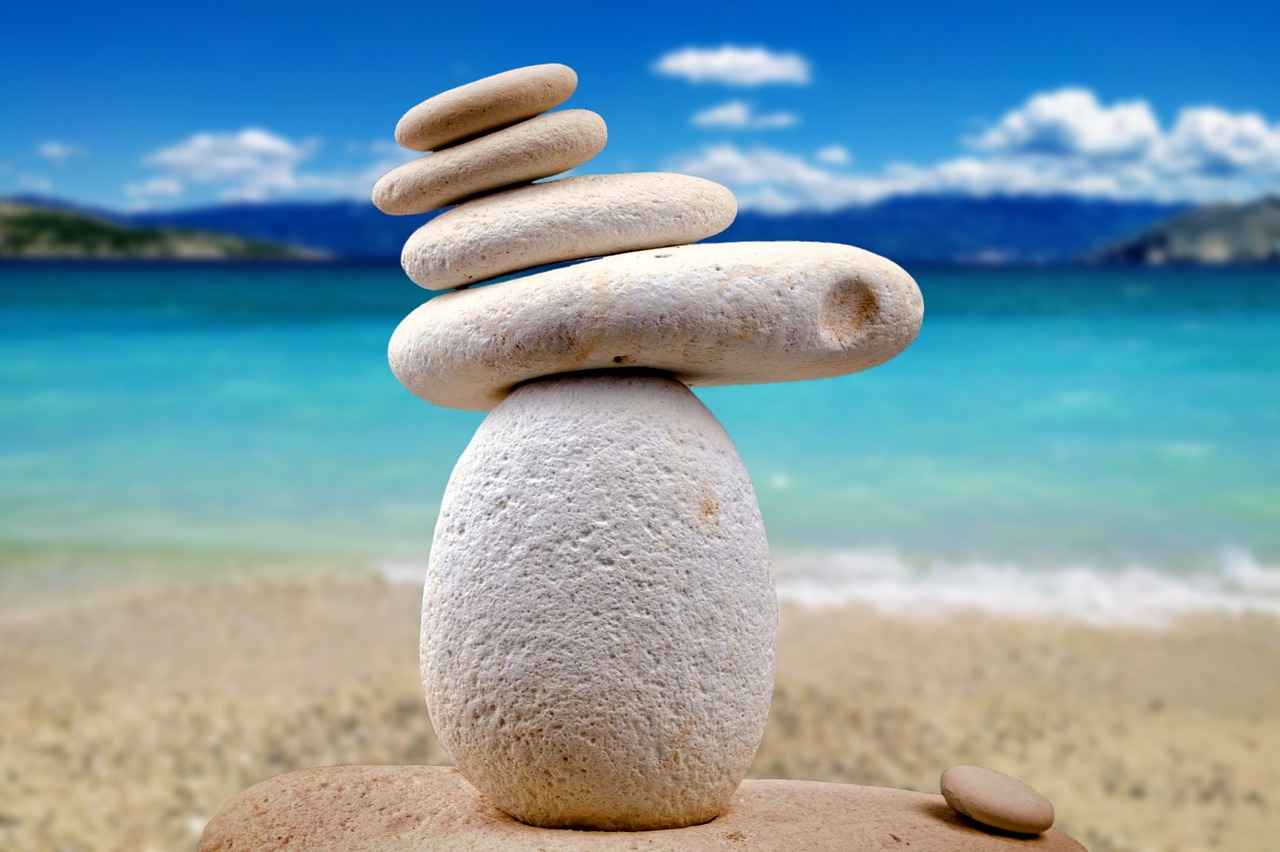
Integrating Asian Massage into Mental Health Practices
In recent years, there has been a growing recognition of the importance of holistic approaches in mental health care. Asian massage techniques, known for their therapeutic benefits, can be effectively combined with conventional mental health therapies to enhance overall treatment outcomes. This integration not only addresses the physical aspects of stress and tension but also promotes emotional well-being.
One practical approach to integrating these techniques is through collaborative care. Mental health professionals can work alongside licensed massage therapists to create comprehensive treatment plans tailored to individual needs. For instance, a patient experiencing anxiety might benefit from regular Shiatsu sessions alongside cognitive behavioral therapy (CBT). The physical relaxation induced by Shiatsu can help patients engage more fully in therapeutic conversations.
Another effective method is the inclusion of massage therapy during therapy sessions. Therapists can incorporate brief massage techniques, such as hand or shoulder massages, to create a calming environment. This practice can facilitate deeper emotional connections and foster trust between the therapist and the client, making it easier for clients to open up about their feelings.
Additionally, education and training for mental health practitioners on the benefits of Asian massage can further enhance integration. Workshops focusing on techniques like Tui Na or Thai massage can equip therapists with skills to provide immediate relief for clients experiencing acute stress or anxiety symptoms.
Lastly, community outreach programs can promote awareness of the benefits of combining Asian massage with traditional therapies. By organizing workshops and informational sessions, mental health organizations can help demystify these practices and encourage a broader acceptance of holistic care.
By embracing these integration strategies, mental health professionals can offer a more comprehensive approach to treatment, ultimately leading to improved outcomes for their clients.
Frequently Asked Questions
- What are the main benefits of Asian massage techniques for mental health?
Asian massage techniques, like Shiatsu and Tui Na, can significantly enhance mental health by reducing stress, anxiety, and depression. They promote relaxation, improve emotional well-being, and enhance overall mental clarity.
- How does Shiatsu therapy help with anxiety?
Shiatsu uses finger pressure on specific points to release tension and promote energy flow. Many individuals find that these targeted techniques help alleviate anxiety symptoms by fostering a sense of calm and balance.
- Can Tui Na improve cognitive function?
Yes! Tui Na focuses on balancing energy within the body, which can enhance mental clarity and focus. Certain techniques are specifically designed to support cognitive processes and emotional balance.
- How often should I receive massage therapy for mental health benefits?
The frequency of massage therapy sessions can vary based on individual needs. Generally, a weekly session can be beneficial, but it’s best to consult with a therapist to tailor a plan that suits your specific mental health goals.
- Is it safe to combine Asian massage techniques with traditional mental health treatments?
Absolutely! Integrating Asian massage with conventional therapies can enhance treatment outcomes. Always consult your healthcare provider to ensure a cohesive approach to your mental health care.
